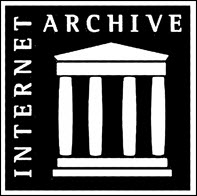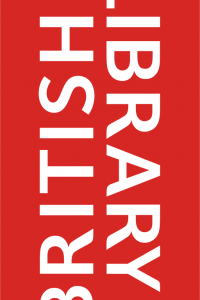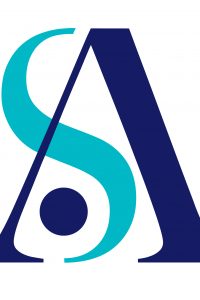Internet Archive Loses Lawsuit
Judge John Koeltl of New York Federal Court issued a summary judgment on March 24, 2023, finding in favor of the four publishers who sued the Internet Archive. The suit, brought in 2020 by HarperCollins, Penguin Random House, Hachette Book Group, and Wiley, alleged “willful mass copyright infringement” by IA’s “National Emergency Library,” which offered unlimited borrows of over a million ebooks. 
The judge wrote: “At bottom, IA’s fair use defense rests on the notion that lawfully acquiring a copyrighted print book entitles the recipient to make an unauthorized copy and distribute it in place of the print book, so long as it does not simultaneously lend the print book. But no case or legal principle supports that notion. Every authority points the other direction.”
The Internet Archive argued that their program was allowable as fair use, but the judge disagreed:
There is nothing transformative about IA’s copying and unauthorized lending of the Works in Suit. IA does not reproduce the Works in Suit to provide criticism, commentary, or information about them. IA’s ebooks do not “add something new, with a further purpose or different character….” IA simply scans the Works in Suit to become ebooks and lends them to users of its Website for free. But a copyright holder holds the “exclusive right” to prepare, display, and distribute “derivative works based upon the copyrighted work.” An ebook recast from a print book is a paradigmatic example of a derivative work.
The IA also argued that their program didn’t cause the publishers any provable financial harm, but the judge dismissed that position, saying, “It is no answer for IA to argue that the Publishers have provided ‘no concrete evidence’ of past market harm. That is not the Publishers’ burden.”
Today’s lower court decision in Hachette v. Internet Archive is a blow to all libraries and the communities we serve. This decision impacts libraries across the US who rely on controlled digital lending to connect their patrons with books online. It hurts authors by saying that unfair licensing models are the only way their books can be read online. And it holds back access to information in the digital age, harming all readers, everywhere.
But it’s not over — we will keep fighting for the traditional right of libraries to own, lend, and preserve books. We will be appealing the judgment and encourage everyone to come together as a community to support libraries against this attack by corporate publishers.
The Association of American Publishers’ president and CEO Maria Pallante wrote on the decision,
The publishing community is grateful to the Court for its unequivocal affirmation of the Copyright Act and respect for established precedent. In rejecting arguments that would have pushed fair use to illogical markers, the Court has underscored the importance of authors, publishers, and creative markets in a global society. In celebrating the opinion, we also thank the thousands of public libraries across the country that serve their communities everyday through lawful eBook licenses. We hope the opinion will prove educational to the defendant and anyone else who finds public laws inconvenient to their own interests.
The Authors Guild CEO Mary Rasenberger said of the ruling,
This is a victory not just for publishers, but for all authors. For years, the Internet Archive has shown a shocking disregard for the protests and pleas of authors to stop the illegal copying and distribution of their works. It turned a deaf ear to our proposal for a licensing solution that would enable Open Library to legally distribute the scans. It ignored the fact that authors earn income — typically 25 percent — from library licenses. If the Internet Archive had prevailed in the lawsuit, not only would this market have been completely eviscerated, it would have given anyone carte blanche to scan and distribute books while calling themselves a library. As we have argued from the beginning and the court’s decision finally makes clear, there is no legal justification for and nothing “transformative’”about the wholesale copying and distribution of books. It is theft, pure and simple.
The parties now have two weeks to submit proposals “for the appropriate procedure to determine the judgment to be entered in this case.” The attorney for the publishers said during oral arguments that “We do think that given the liability and given the irreparable harm, that injunctive relief is fully warranted and could be issued.”
The full ruling is available here.
 While you are here, please take a moment to support Locus with a one-time or recurring donation. We rely on reader donations to keep the magazine and site going, and would like to keep the site paywall free, but WE NEED YOUR FINANCIAL SUPPORT to continue quality coverage of the science fiction and fantasy field.
While you are here, please take a moment to support Locus with a one-time or recurring donation. We rely on reader donations to keep the magazine and site going, and would like to keep the site paywall free, but WE NEED YOUR FINANCIAL SUPPORT to continue quality coverage of the science fiction and fantasy field.
©Locus Magazine. Copyrighted material may not be republished without permission of LSFF.






